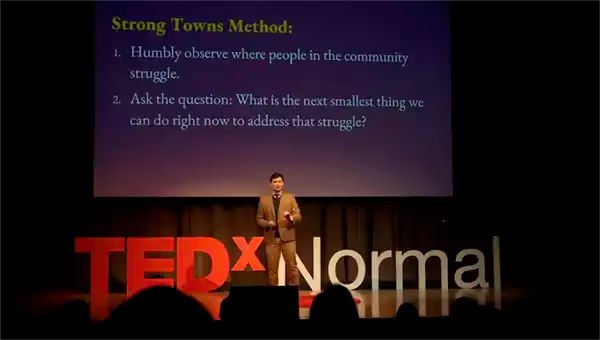
What if fixing your city didn’t require a billion-dollar plan—just a neighbor with a shovel and a bold idea? In Bloomington, a high school teacher is quietly leading a local revolution, one small step at a time.
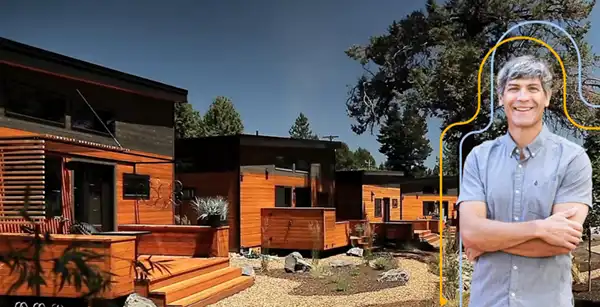
How do you grow without losing what makes your town special? In Bend, Oregon, Jesse Russell is proving it can start with smaller homes.
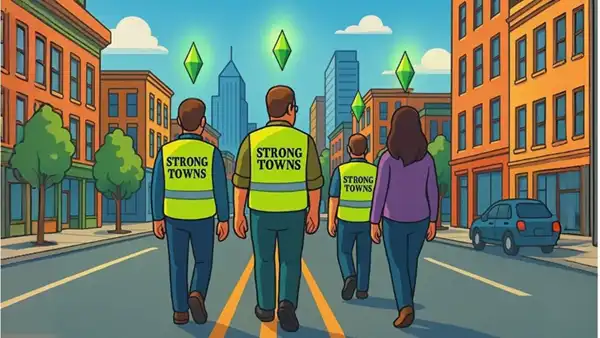
If urban planning is playing SimCity in real life, then the Strong Towns movement isn’t made up of distant players — it's made up of the Sims who live and work in the city every day. And they're taking over the game.

West Virginia’s $1.6 billion Road to Prosperity program was supposed to cover maintenance costs and reignite economic growth. Seven years later, the money’s gone and the situation has gotten worse.
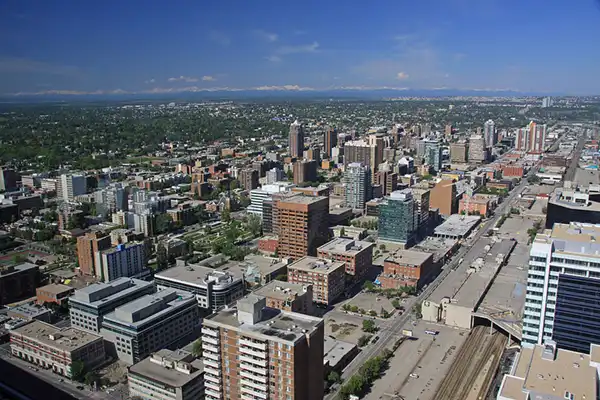
Calgary is cutting delays—not corners—to deliver more housing where it’s needed. And your city should be paying attention.

An intersection redesign in Fairbanks, Alaska, proves that road projects are not always improvements—and that DOT priorities are often out of touch with reality.
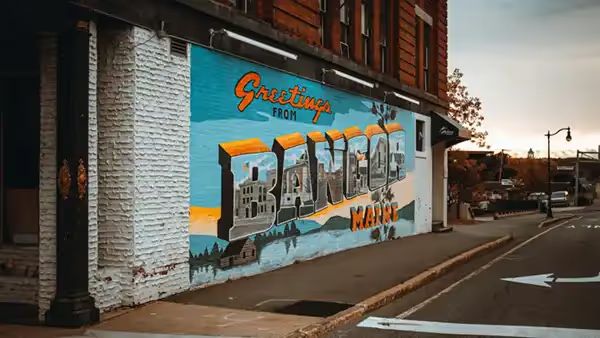
Bangor, Maine, isn’t holding out for silver bullets. It’s getting to work—clearing the way for more homes in creative, community-minded ways.
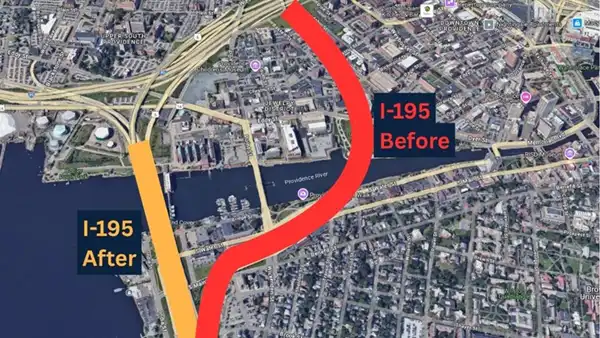
In 2011, the Rhode Island Department of Transportation decided to do something extremely unusual: It removed an urban highway. Here are three lessons to learn from their success.

As Norwalk navigates a housing crisis, one thing is clear: the path forward isn’t scale for scale’s sake—it’s building smarter, more affordably, and with the community in mind.

A couple of weeks ago, Chuck did a Q&A about how the book “Abundance” differs from the Strong Towns approach. There were some good questions, so we’ve consolidated his answers here.

While urban planning can sound boring, how we choose to live is as fundamental a question as exists.

Student journalist William Donofrio is part of a growing group of changemakers who are noticing, documenting, and sharing the struggles their places face.
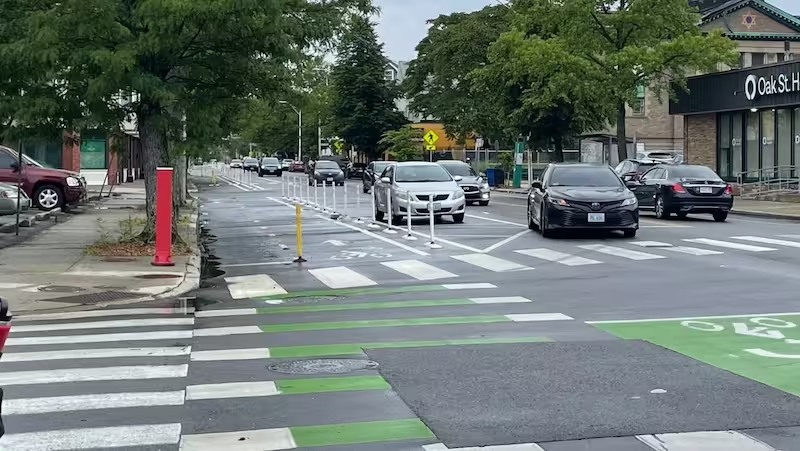
How did one of the most dangerous streets in Rhode Island turn into a safe and comfortable place for people to walk, bike, and shop? It’s all about community and local context.
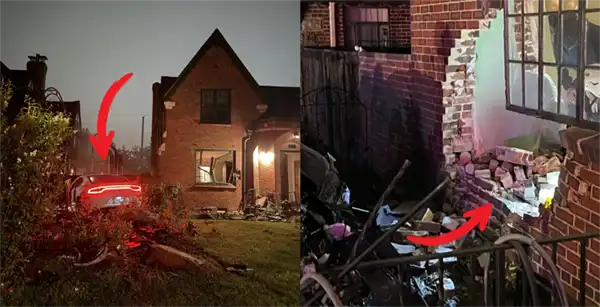
The house is beautiful. The neighborhood is charming. The street? Designed like a drag strip—and it's launched multiple cars into one family's living room.

Harrisonburg skipped the renderings and went straight to the street—using a live demo to calm traffic and earn back trust.
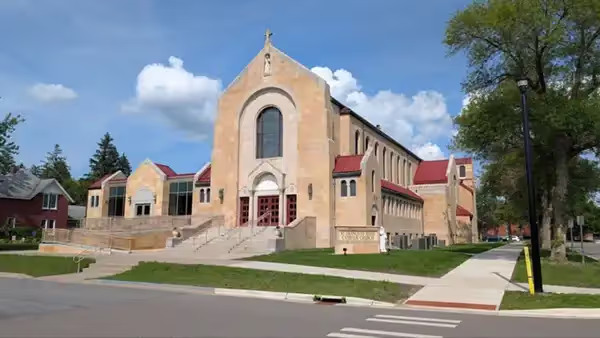
It’s easy to get angry or check out when faced with your place’s continued decline. That doesn’t mean you should stop fighting for it.

How do you make streets safer when your tools made them unsafe in the first place? If you’re the Maryland Department of Transportation, you start building a new toolbox.
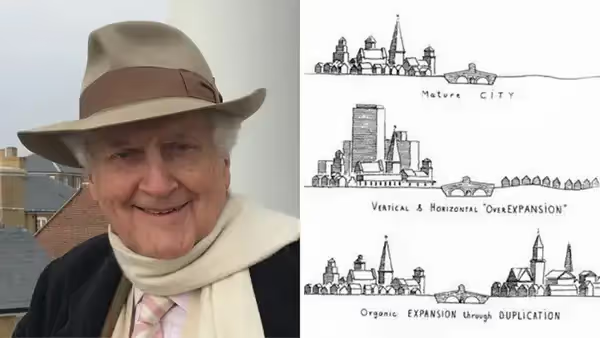
Leon Krier leaves behind a generation of designers, planners, and urbanists who see the world differently because of him. I owe him more than I can put into words.

When we recognize the housing crisis as a systems and strategy problem, we realize that there is no shortage of things cities can do right now to address it.

Instead of relegating walkability to college campuses and tourist towns, let’s embrace it as a key to community strength.
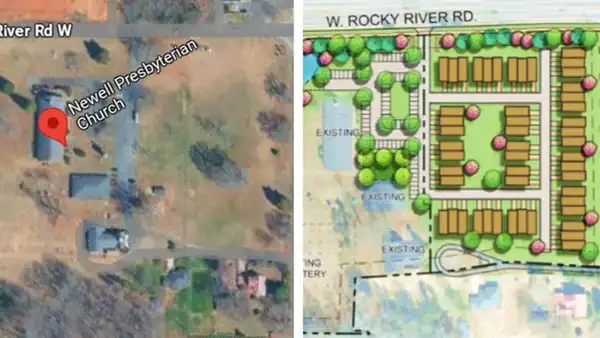
Charlotte, North Carolina, is in the middle of a housing crisis. Churches are stepping up to help.
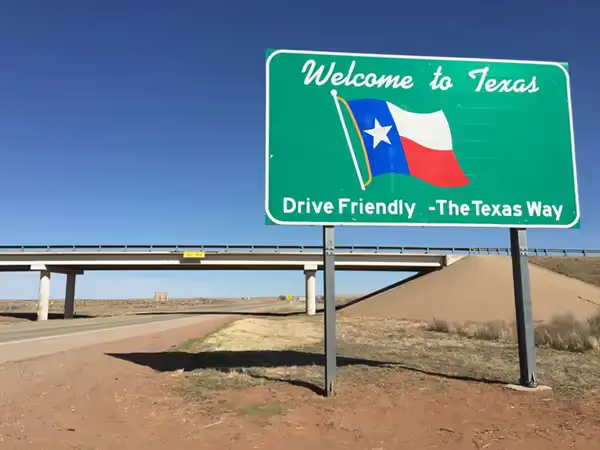
Some call it watered down, others call it overreach. But there’s no denying this new Texas bill nudges housing policy in the right direction.

It comes down to stewardship, empathy, and humility.

Iowa’s new ADU law puts power in the hands of homeowners, not just developers—and makes it easier for grandma to stay close to home.